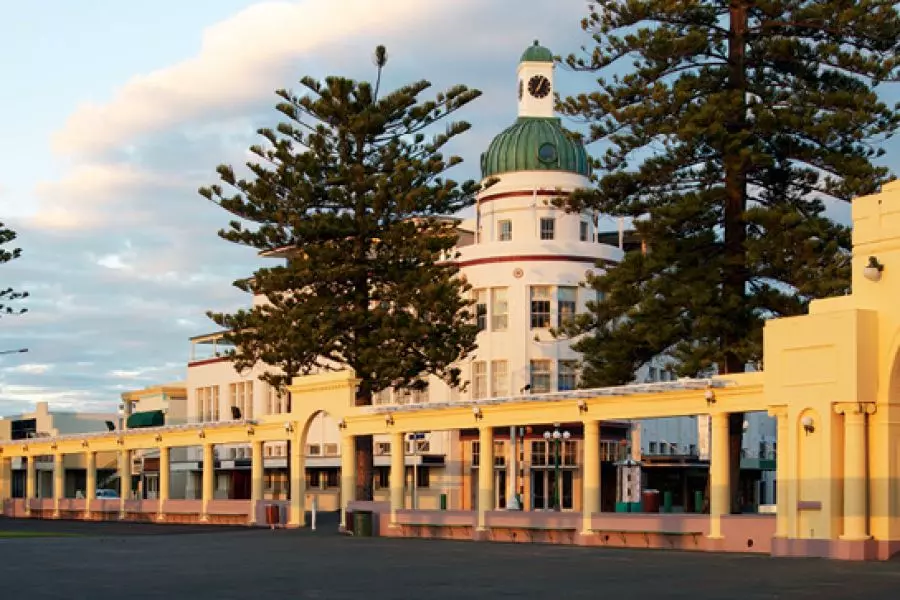
News
Christchurch offers potential for property investment boom - maybe
Tuesday 29th of March 2011
The potential yield boom hinges on whether the Government will buy damaged housing stock then sell-on at a discount and also restore the city's infrastructure.
"If the infrastructure is taken back to what it was on February 21 the indication that we have is that rental levels would stay virtually the same as they are now, but because you've purchased the property at the lower purchase p...
Want to read the full article?
Click the button below to subscribe and will have unlimited access to full article and all other articles on the site.
Latest News
3 min read
2 min read
3 min read
Latest Comments








![[The Wrap] Bye Bye Bayly](https://goodreturns.publit.io/file/c_fill,w_900,h_600/39f23ac1-f7c7-4854-b700-a150004ebbac.webp)